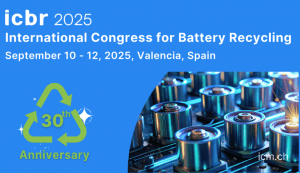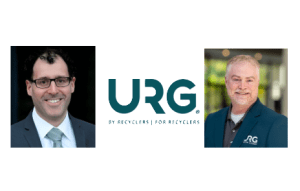Toronto, Ontario — In the effort of tackling environmental challenges on the production line head-on, Polestar has announced that it has teamed up with Kingston, Ont.-based recycling firm Cyclic Materials to develop a circular production solution for rare earth magnets.
The valuable rare earth elements within the Polestar 2’s electric motor, namely neodymium and dysprosium, were identified by the company to possess the second-largest raw material footprint in the entire vehicle, second only to the battery itself.
As such, Polestar has signed a memorandum of understanding (MoU) with Cyclic Materials that will see the two companies work together to develop recycled magnets for Polestar vehicles, while at the same time coming up with solutions that generally call for less mining of new materials, in favour of reintegrating pre-existing materials.
The partnership came about on the initiative of Polestar’s head of circularity, Sander Jahilo, who reached out to Cyclic’s v-p of strategic partnerships, Patrick Nee, to see what could be done to address this sustainability pitfall.
“Polestar approached us with a vision of using 100 percent recycled materials in its electric traction motors and ensuring that all its cars are recycled at the end of their life,” said Cyclic Materials CEO, Ahmad Ghahreman.
“Polestar is a leader in circular lifecycle management of their vehicles, and Cyclic Materials is proud to have them as partners in building a circular supply chain for rare earth elements.”
Jahilo, for his part, spoke to the need for automakers to make connections in the recycling industry in order to effectively address sustainability concerns on the assembly line.
“To become a circular company, we need to look at where we have the biggest impact—and magnets are among the least circular materials out there,” he said.
“Cyclic Materials are unique in that they are tapping into materials which have previously been overlooked in the recycling industry due to technical limitations. By partnering with them, we will have a shot at closing the loop on magnets to take a big step towards lowering the raw material footprint of our cars.”


























